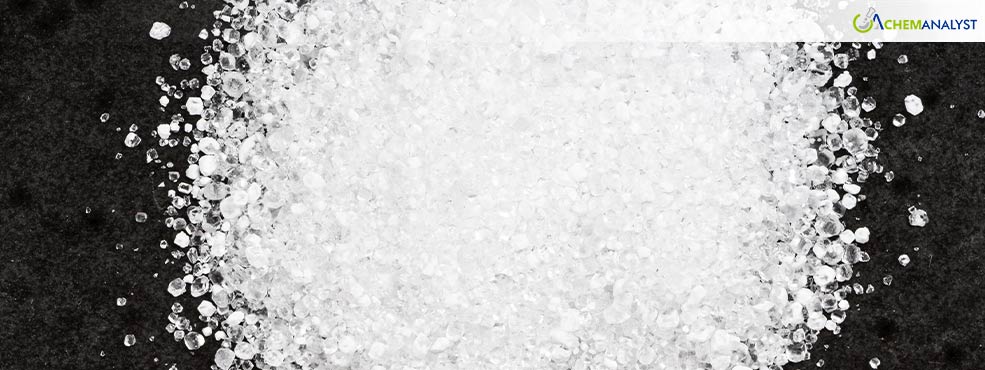Welcome To ChemAnalyst

Adipic Acid prices in early December 2024 showed contrasting trends across China and Germany, reflecting distinct market dynamics in these key regions. In China, prices edged upward, supported by steady demand from the automotive sector and higher feedstock costs, while Germany witnessed a slight decline, driven by weak downstream demand and challenging economic conditions. These regional variations highlight how differing macroeconomic and sectoral factors shape the Adipic Acid market.
In China, the upward momentum in Adipic Acid prices was driven by firming feedstock costs and a consistent recovery in the domestic automotive sector. Improved consumer confidence, aided by government trade-in incentives, bolstered vehicle production and sales, providing a steady demand base for Adipic Acid, which is a key input in automotive manufacturing. Despite this positive trend, the downstream textile industry remained a weak spot, with seasonal orders wrapping up and limited enthusiasm for restocking. Manufacturers attempted to clear inventories through aggressive pricing, which tempered stronger price gains. On the supply side, stable production levels and improved freight condition supported adequate availability. However, intra-Asian freight rate increases hinted at potential cost pressures on Adipic Acid that could influence market sentiment going forward.
In Germany, Adipic Acid prices declined slightly in early December as the market contended with declining feedstock costs and ongoing challenges in the automotive and textile sectors. The German automotive industry continues to grapple with high operational costs, weak domestic demand, and mounting competition from Chinese manufacturers. The lack of government subsidies for electric vehicles further dampened sales, despite record production levels in the segment. Broader manufacturing contraction, marked by declining new orders and reduced production, weighed heavily on downstream industries. Weak performance in the textile sector, compounded by sluggish retail activity and cautious consumer spending, added to the subdued demand scenario for Adipic Acid. Port congestion at key terminals further disrupted supply chains, though reduced global container demand helped maintain stable inventory levels across Europe.
Looking ahead, Adipic Acid price trends in both regions are likely to diverge based on distinct market drivers. In China, automotive sector recovery and improved manufacturing activity are expected to lend additional support to Adipic Acid prices. However, ongoing weaknesses in the textile sector and the year-end destocking cycle may moderate significant price gains. In Germany, the outlook remains cautious, with weak downstream demand and persistent economic challenges weighing on market sentiment. Factors such as the expansion of the EU’s Emissions Trading System in January 2025 and port disruptions could elevate logistics costs, adding further complexity to the European market.
We use cookies to deliver the best possible experience on our website. To learn more, visit our Privacy Policy. By continuing to use this site or by closing this box, you consent to our use of cookies. More info.
